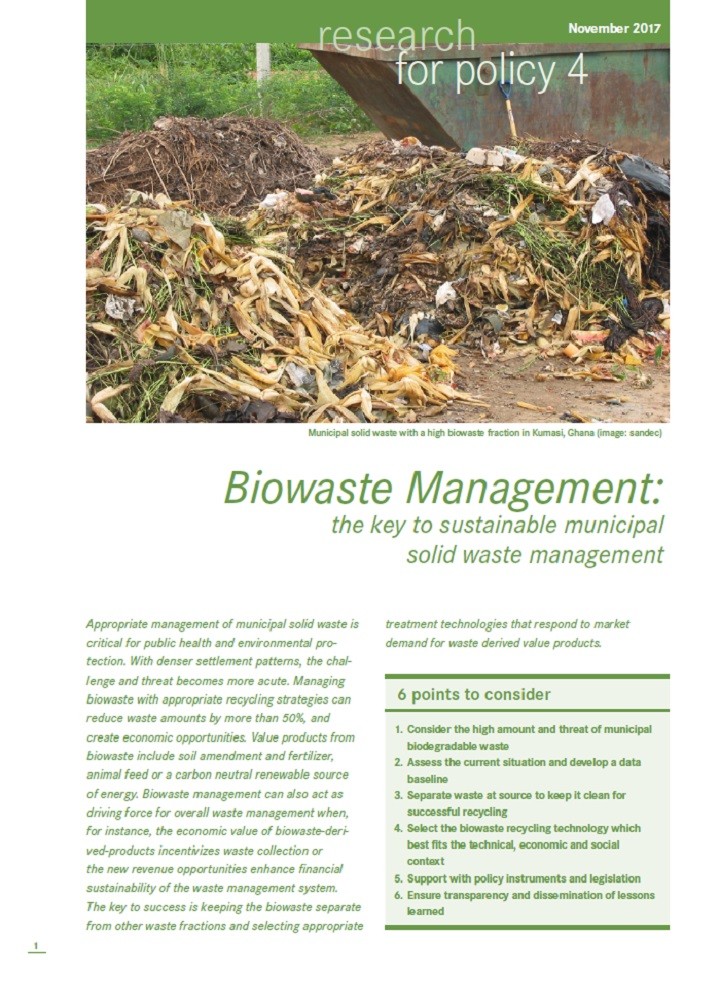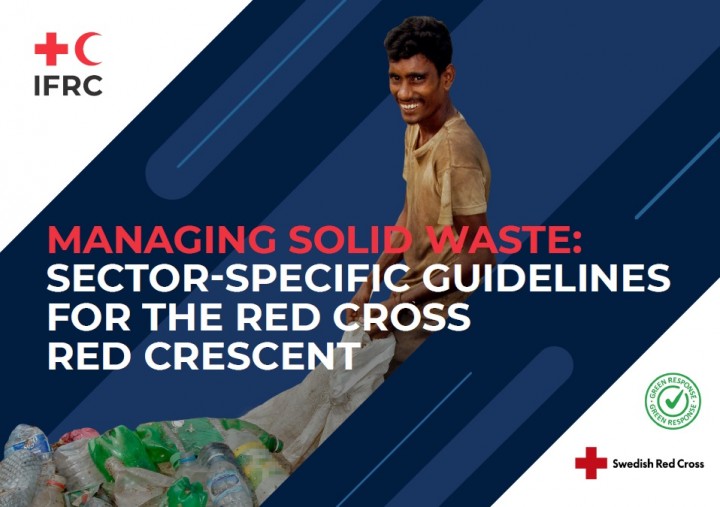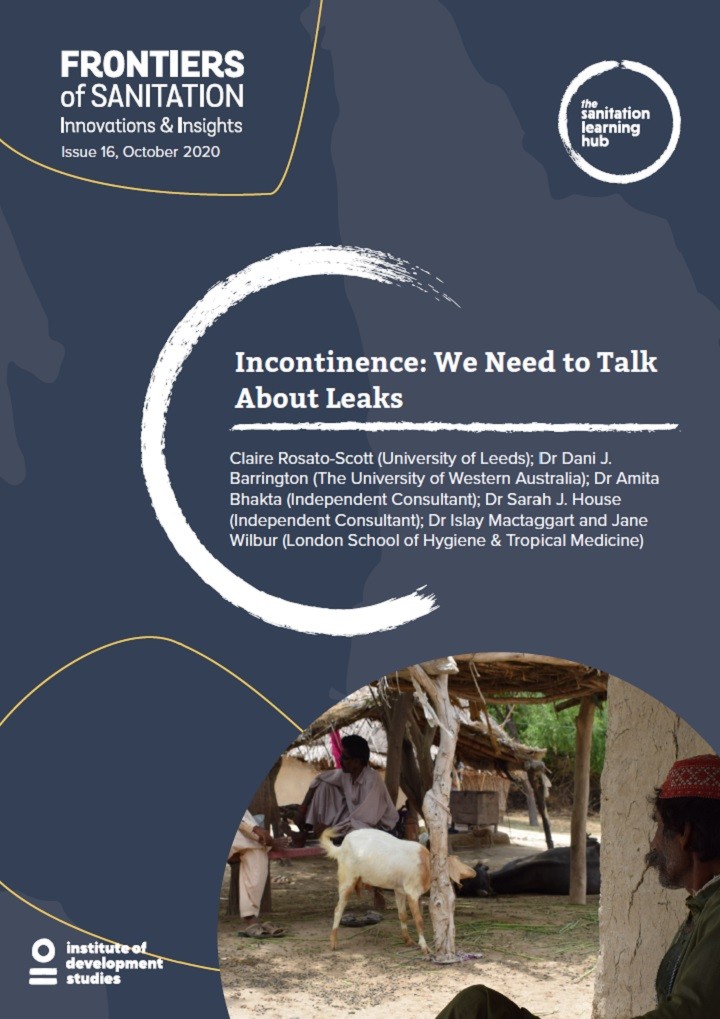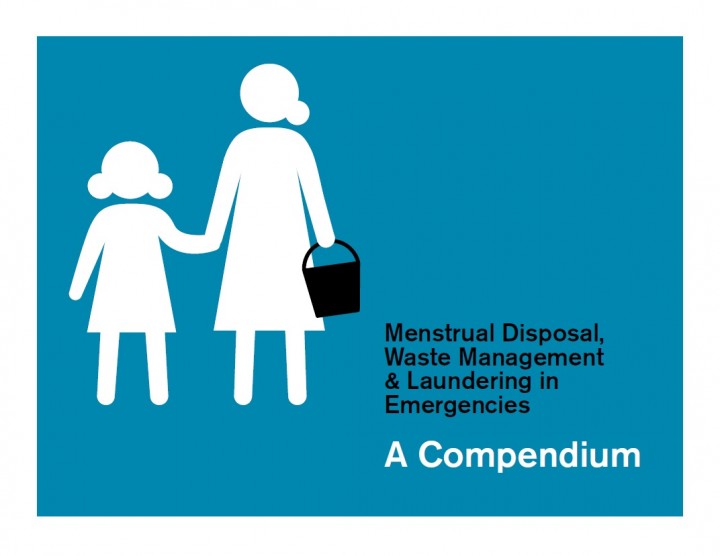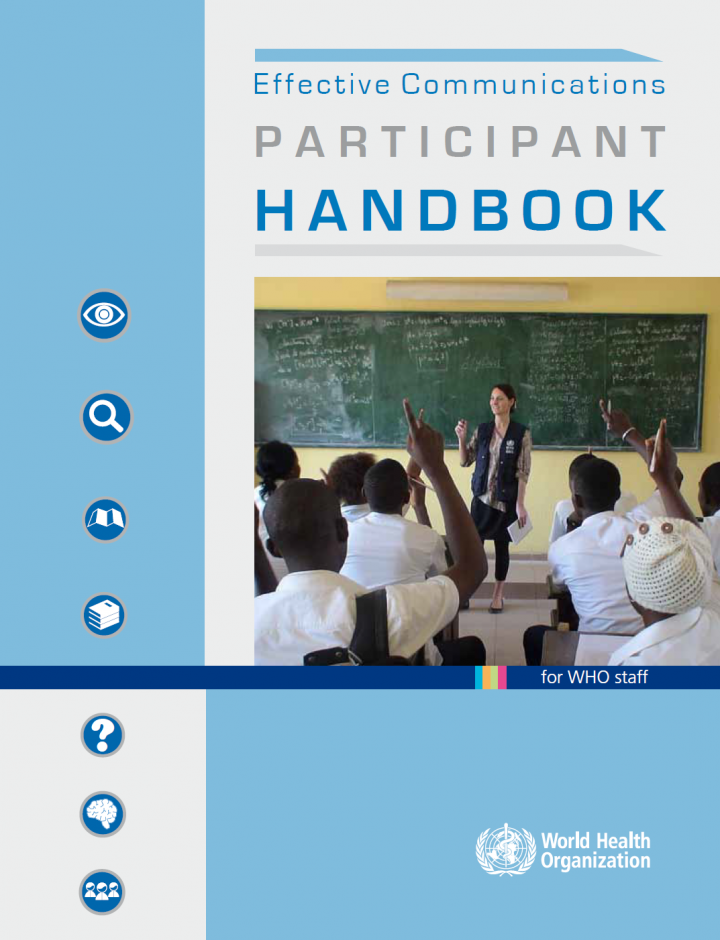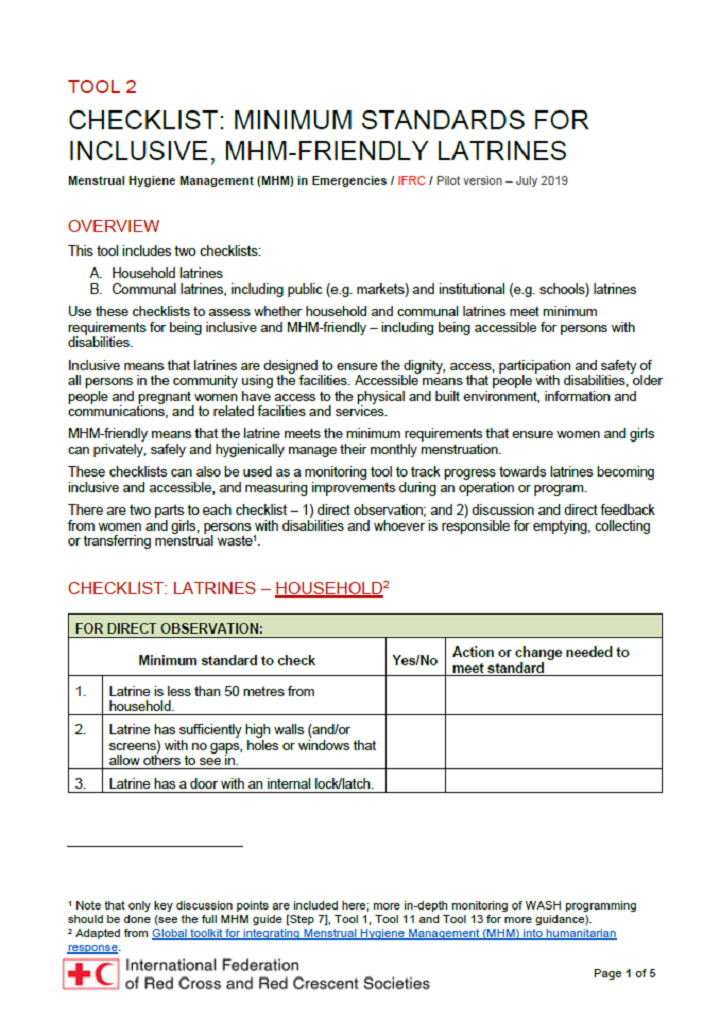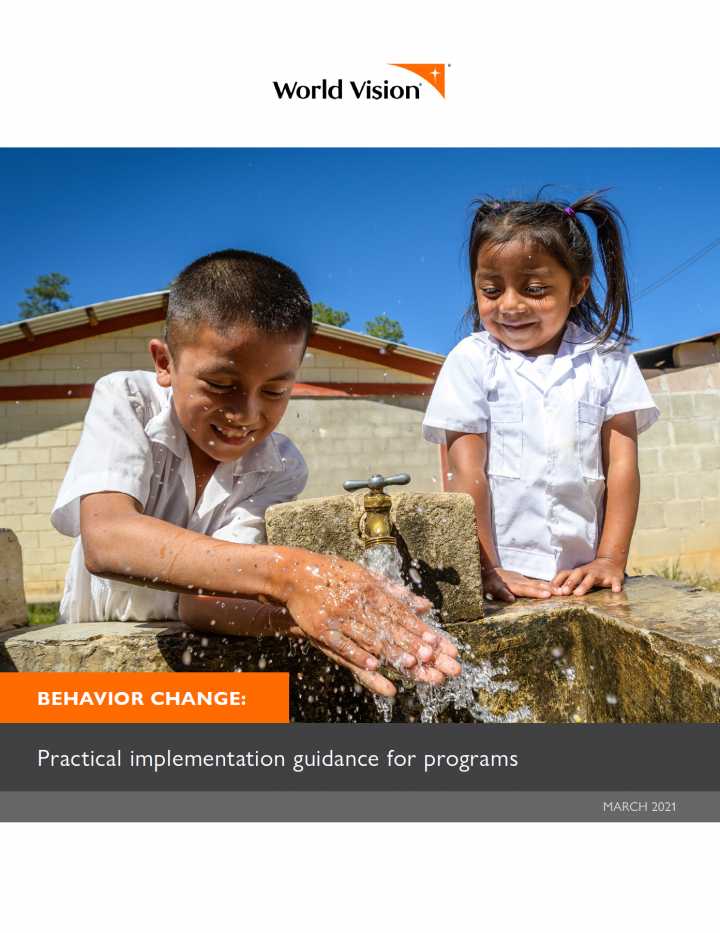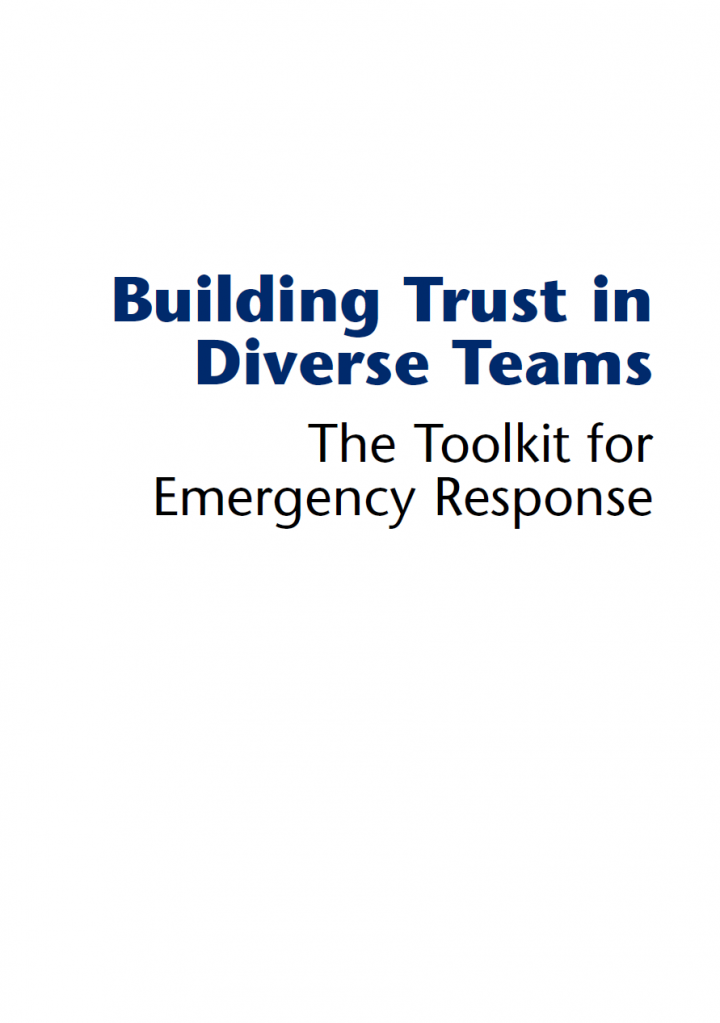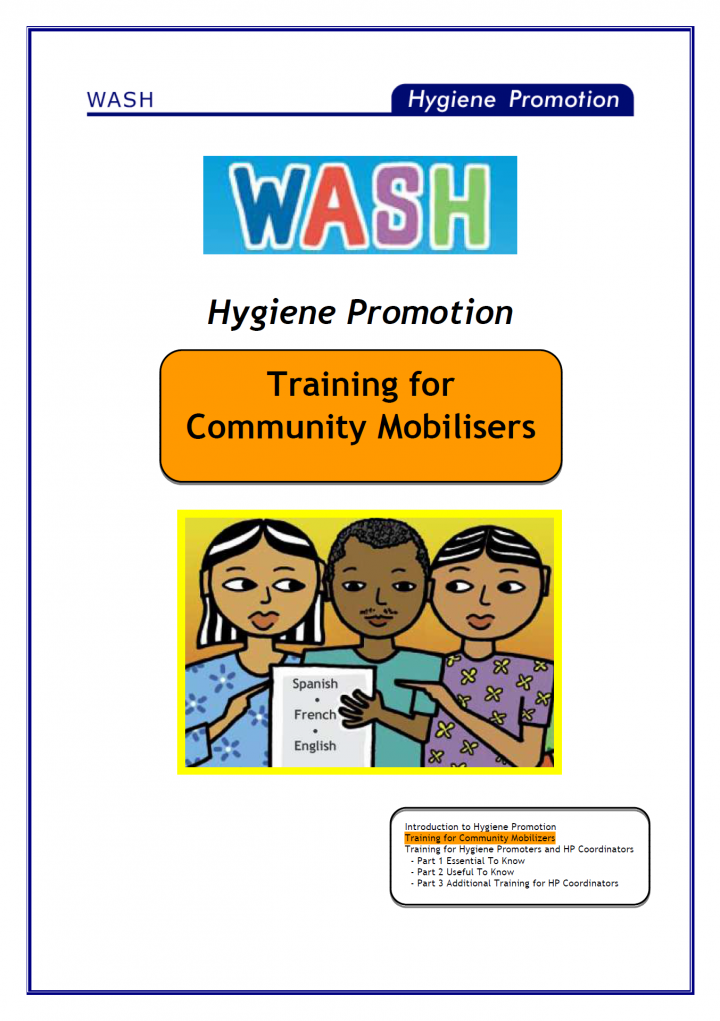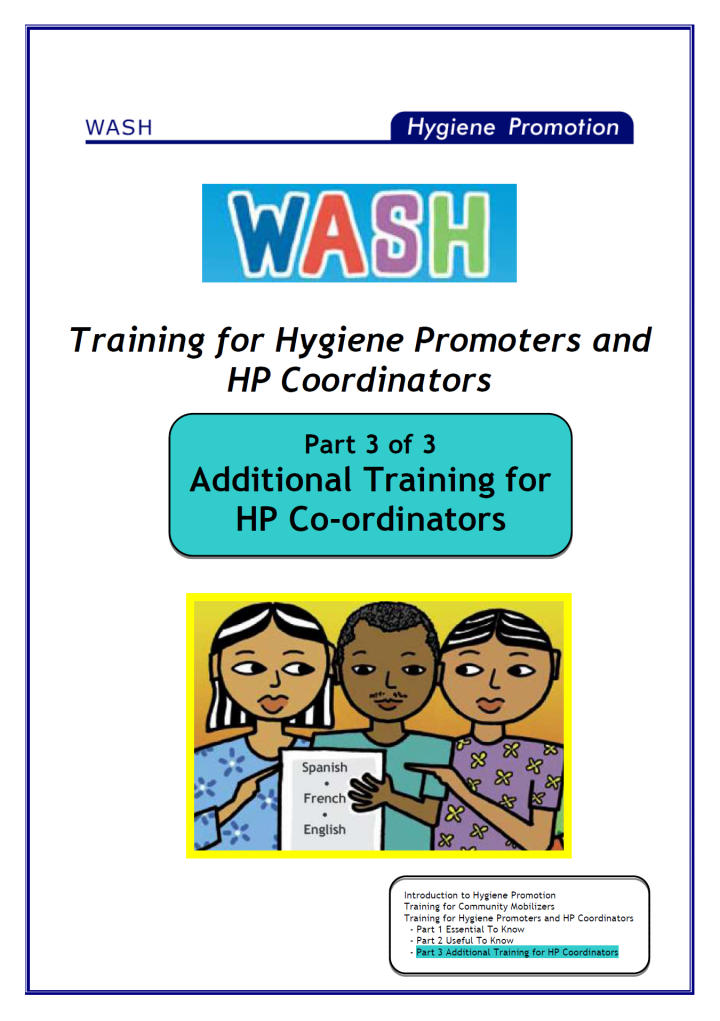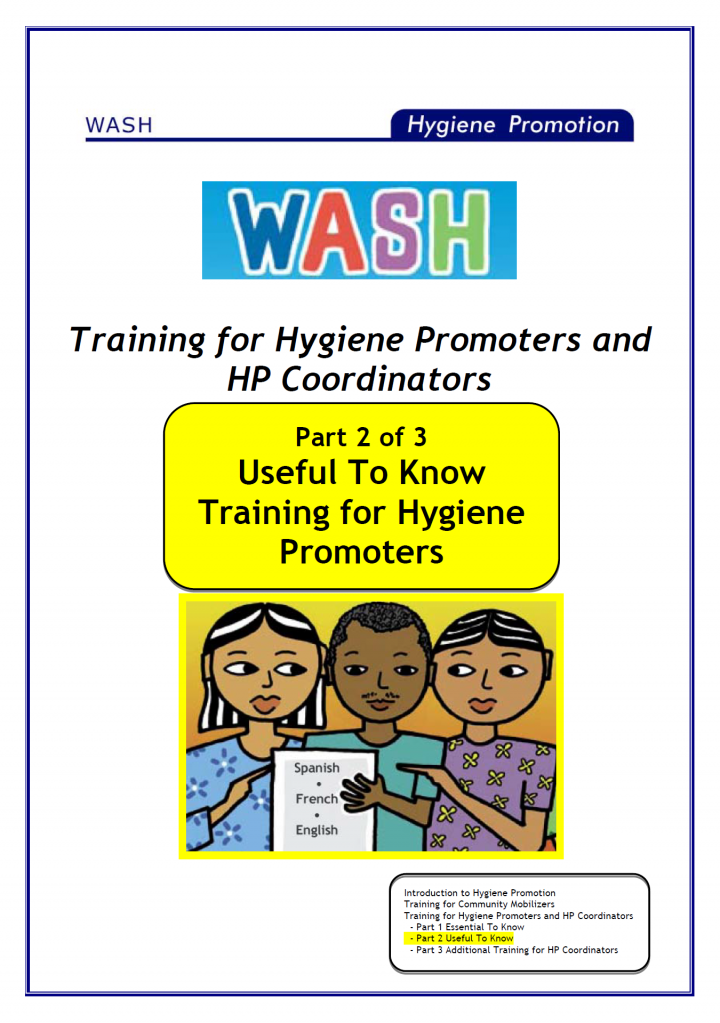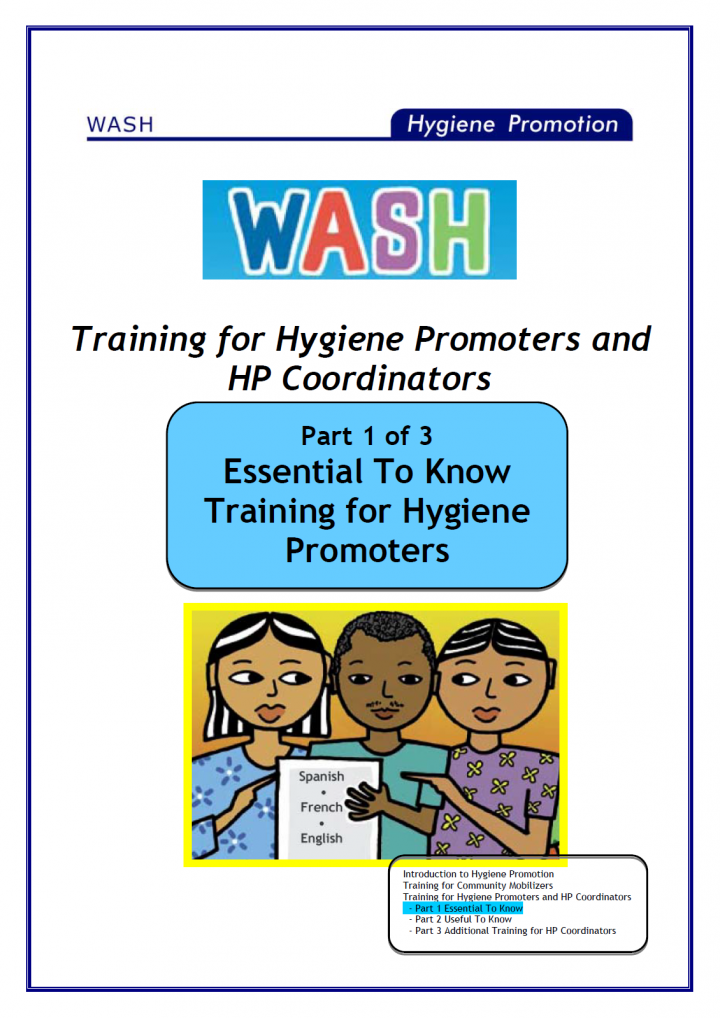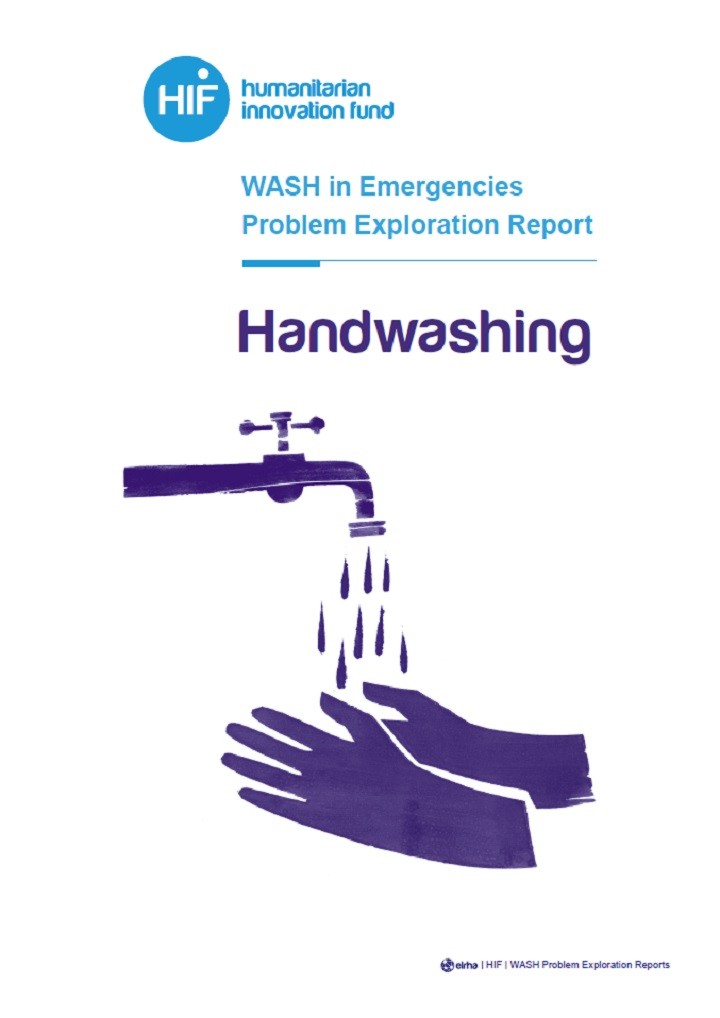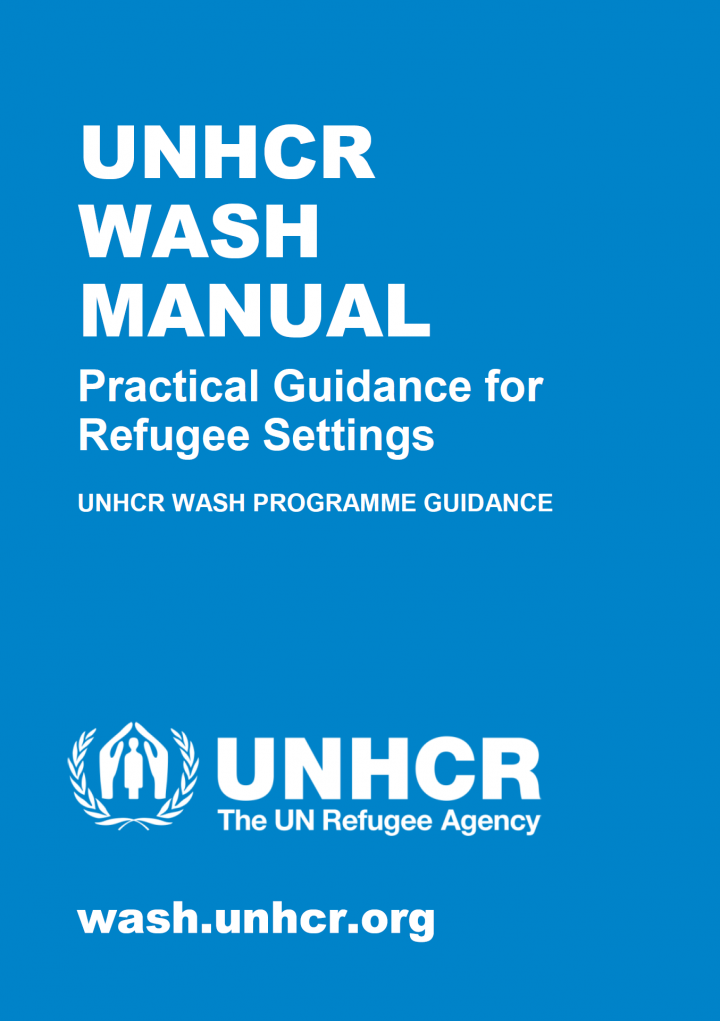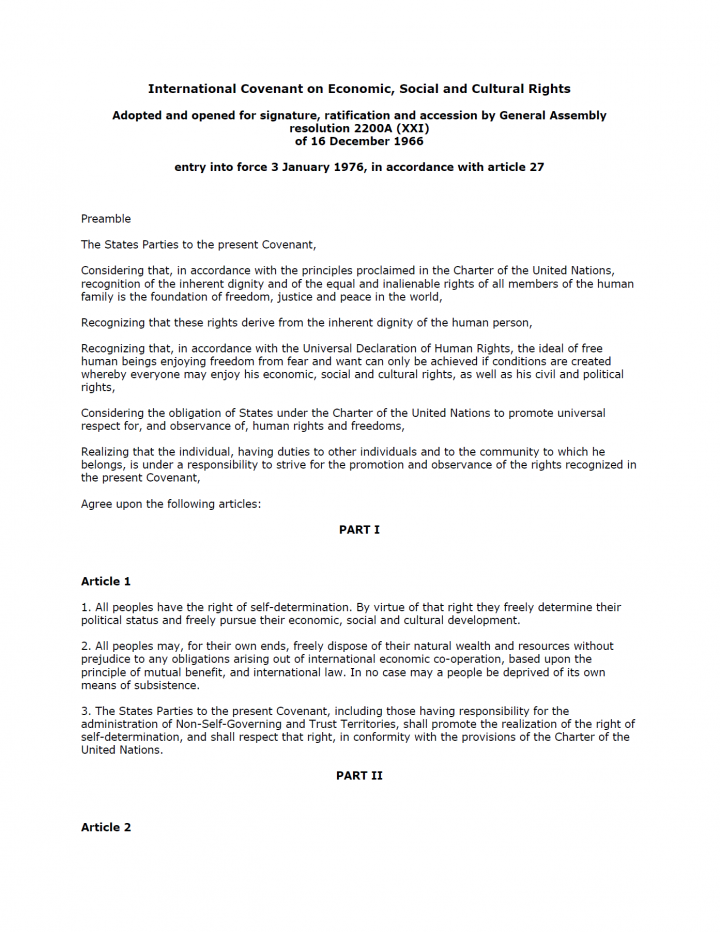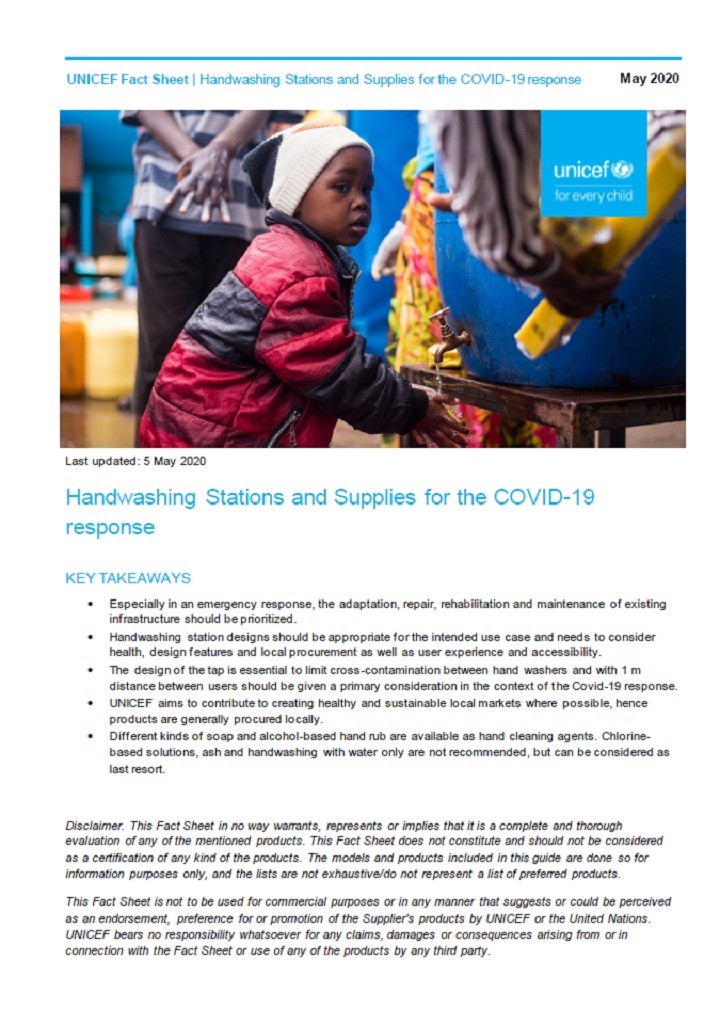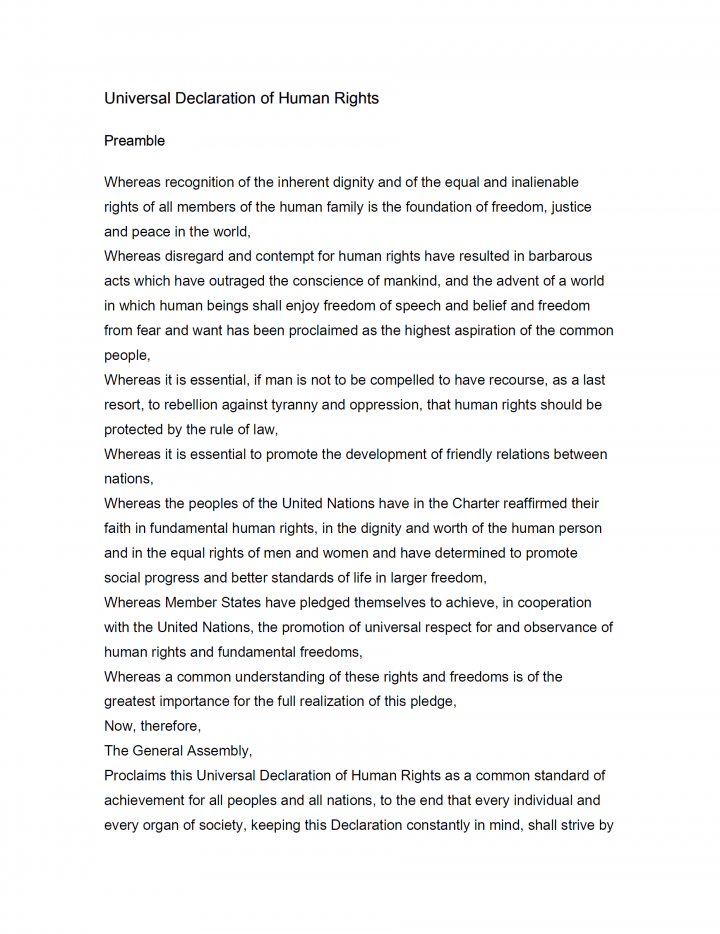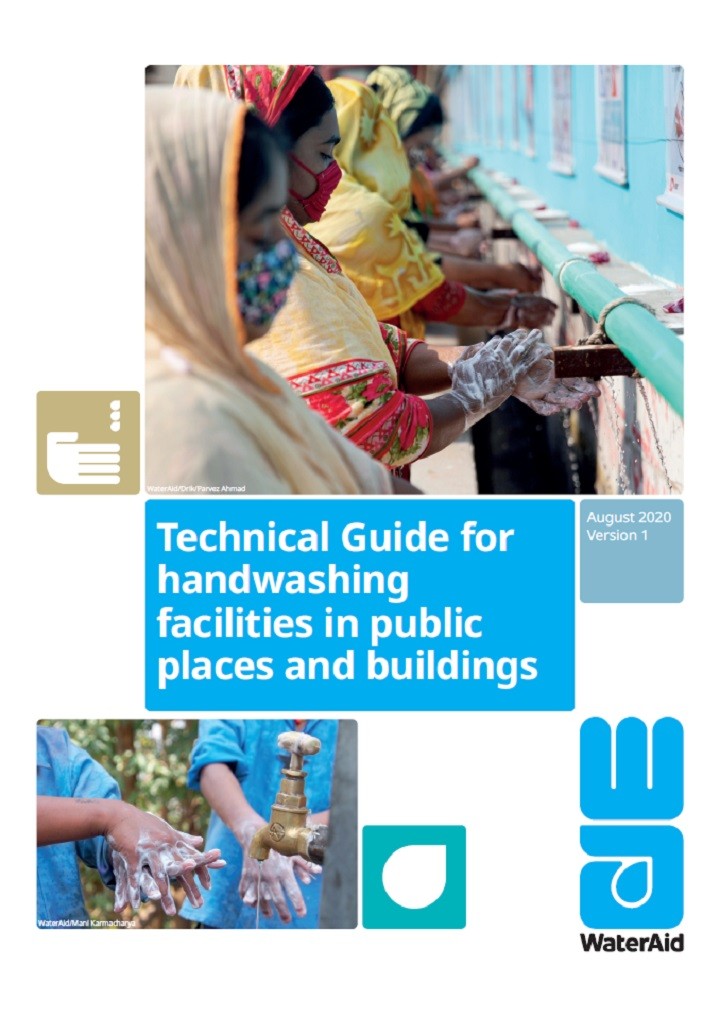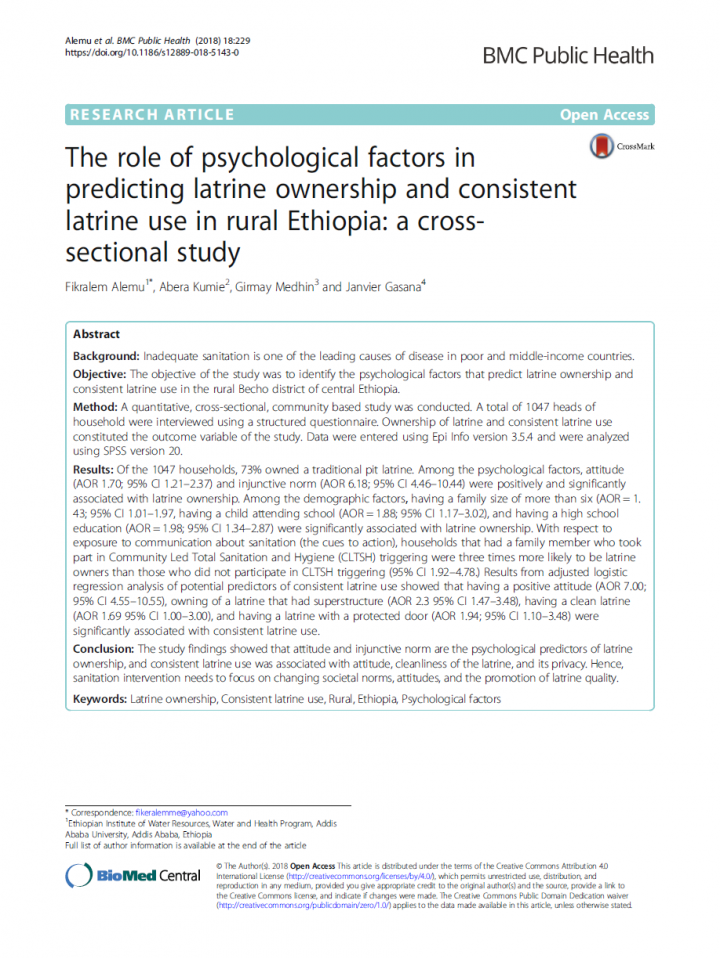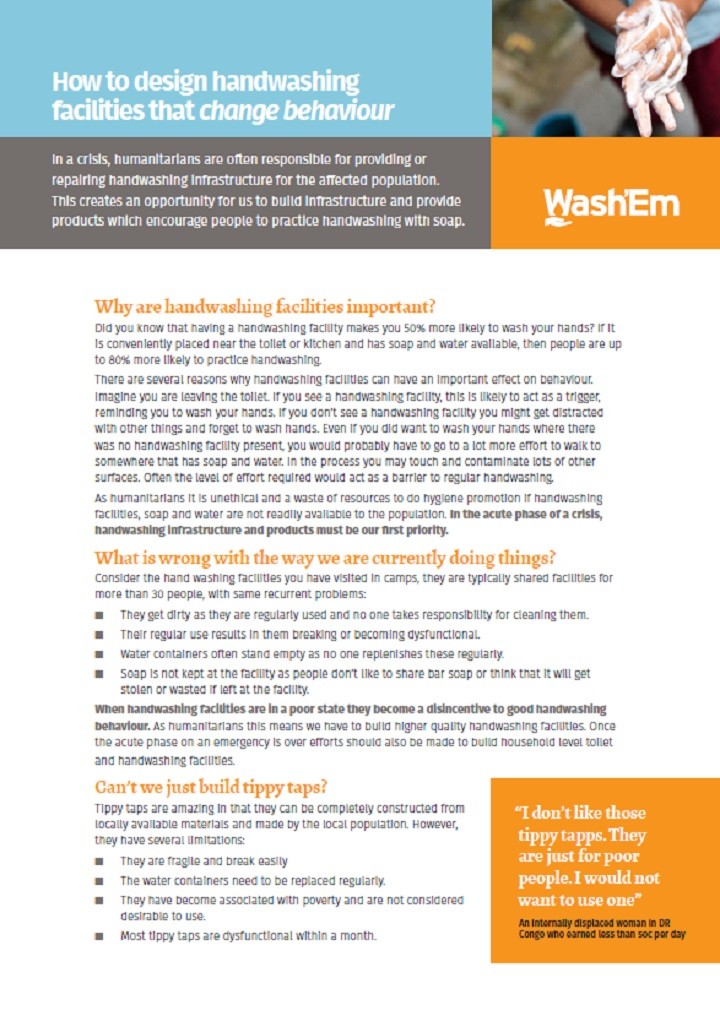Zurbrügg, C. (2017) Biowaste Management: The Key to Sustainable Municipal Solid Waste Management
Appropriate management of municipal solid waste is critical for public health and environmental pro tection. With denser settlement patterns, the chal lenge and threat becomes more acute. Managing biowaste with appropriate recycling strategies can reduce waste amounts by more than 50%, and create economic opportunities. Value products from biowaste include soil amendment and fertilizer, animal feed or a carbon neutral renewable source of energy. Biowaste […]
Laude, C., Reynolds, G. (2020) Managing Solid Waste: Sector-Specific Guidelines for the Red Cross Red Crescent
There is an increasing awareness among humanitarian actors, including those within the Red Cross Red Crescent (RCRC) Movement, of the importance of improving environmental sustainability of programming and operations. Many are recognising that the deteriorating state of the environment can often be a trigger for crises and disasters. There is an urgent need to break the cycle between conflicts, disasters and environmental degradation, including reducing […]
Rosato-Scott, C., Barrington, D.J., Bhakta, A., House, S.J., Mactaggart, I. and Wilbur, J. (2020) Incontinence: We Need to Talk About Leaks
Incontinence – the involuntary loss of urine or faeces – is a global health, protection and social care challenge that has a significant impact on the quality of life of people that experience the condition, and those who care for people that do. This issue of Frontiers of Sanitation aims to provide the water, sanitation and hygiene (WASH) sector with: • A basic introduction to incontinence […]
Columbia University, IRC (2020) Menstrual Disposal, Waste Management and Laundering in Emergencies. A Compendium
This guidance seeks to address key gaps with respect to the specific practicalities of managing menstrual materials. Displaced women and girls using disposable products face clear challenges figuring out how to get rid of them in their constrained contexts. And those using reusable materials must be able to wash, dry and store them hygienically between periods, similarly with limited privacy. To date, humanitarian responders have […]
IFRC (2019) Checklist: Minimum Standards for Inclusive, MHM-Friendly Latrines
This tool includes checklists for (1) household latrines, (2) communal latrines, including public (e.g. markets) and institutional (e.g. schools) latrines to assess whether household and communal latrines meet minimum requirements for being inclusive and MHM-friendly – including being accessible for persons with disabilities.
Berhane, E., Diarra, S., Fosuah, C., Muheka, D., Mutisya, M., Nathan, M., Norman, R., Okumu, P. (2021) Behavior Change. Practical Implementation Guidance for Programs.
Behavior-change principles and approaches are critical to reaching the desired impact of development work. Behavior change ensures the safe, effective, and sustainable use of services provided, helping change norms that can transform communities and enable achievement of health and well-being. Globally, the top 20 causes of disease all have a significant behavioral component. This holds true across sectors and significantly contributes to poverty in both […]
Oxfam (2007) Building Trust in Diverse Teams: The Toolkit for Emergency Response.
What is trust? Why is it important in emergency-response teams? Humanitarian practitioners identify trust as one of the most important factors in launching timely and effective emergency responses. Building Trust in Diverse Teams can be used throughout the cycle of an emergency response and features a Trust Index, to assess and measure trust within diverse teams, and ten trust-building tools that can be selected based on […]
GWC (2009) Hygiene Promotion. Training for Community Mobilisers.
This manual contains training materials and handouts to enable facilitators to rapidly prepare training for different levels of hygiene promoters. It can also serve as a resource for self directed learning by both hygiene promoters and others involved in supporting or managing WASH interventions.
GWC (2009) Training for Hygiene Promoters and HP Coordinators. Part 3 of 3. Additional Training for HP Coordinators.
This manual contains training materials and handouts to enable facilitators to rapidly prepare training for different levels of hygiene promoters. It can also serve as a resource for self directed learning by both hygiene promoters and others involved in supporting or managing WASH interventions.
GWC (2009) Training for Hygiene Promoters and HP Coordinators. Part 2 of 3. Useful to Know.
This manual contains training materials and handouts to enablefacilitators to rapidly prepare training for different levels of hygienepromoters. It can also serve as a resource for self directed learning by both hygienepromoters and others involved in supporting or managing WASHinterventions.
GWC (2009) Training for Hygiene Promoters and HP Coordinators. Part 1 of 3. Essential to Know.
This manual contains training materials and handouts to enablefacilitators to rapidly prepare training for different levels of hygienepromoters. It can also serve as a resource for self directed learning by both hygienepromoters and others involved in supporting or managing WASHinterventions.
Ramos, M., Benelli, P., Irvine, E., Watson, J. (2016) WASH in Emergencies. Problem Exploration Report. Handwashing
UNHCR (2020) UNHCR WASH Manual for Refugee Settings. Practical Guidance for Refugee Settings
The UNHCR WASH Manual (7th Edition, February 2020) is the result of an open and collaborative process with WASH actors who have active programmes supporting refugees. It has been written primarily for use by UNHCR staff, WASH actors, national governmental authorities, emergency response coordinating bodies, contingency planners, programme evaluators, and is a useful reference for any individuals or organisations involved in providing WASH services in […]
UN General Assembly (1966) International Covenant on Economic, Social and Cultural Rights (ICESCR)
UNICEF (2020) Handwashing Stations and Supplies for the COVID-19
Handwashing with soap, when done correctly, is critical in the fight against COVID-19, but 3 billion people have no ready access to a place to wash their hands with soap at home. WHO released interim guidance on 1 April 2020, recommending to all Member States to make hand hygiene facilities in front of public and private commercial buildings as well as at all transport hubs […]
UN General Assembly (1948) Universal Declaration of Human Rights (UDHR)
The Universal Declaration of Human Rights (UDHR) is a milestone document in the history of human rights. Drafted by representatives with different legal and cultural backgrounds from all regions of the world, the Declaration was proclaimed by the United Nations General Assembly in Paris on 10 December 1948 (General Assembly resolution 217 A) as a common standard of achievements for all peoples and all nations. […]
Knight, J., Kontos, L., Da Cunha Forte, J., Muktadir, G., Gautam, O. P. (2020) Technical Guide for Handwashing Facilities in Public Places and Building
In response to the COVID-19 pandemic, the World Health Organization (WHO) has recommended that all member states provide universal access to public handwashing facilities. Consequently, WaterAid and other organisations have been working with governments to install handwashing facilities in a wide range of public places and buildings, to support improved handwashing practices and reduce transmission of the virus. Locations include markets, public transport hubs, public/ […]
Alemu, F., Kumie, A., Medhin, G., Gasana, J. (2018) The Role of Psychological Factors in Predicting Latrine Ownership and Consistent Latrine Use in Rural Ethiopia: a Cross-Sectional Study
Inadequate sanitation is one of the leading causes of disease in poor and middle-income countries. The objective of the study was to identify the psychological factors that predict latrine ownership and consistent latrine use in the rural Becho district of central Ethiopia.
Wash'Em (2019) How to Design Handwashing Facilities that Change Behaviour
